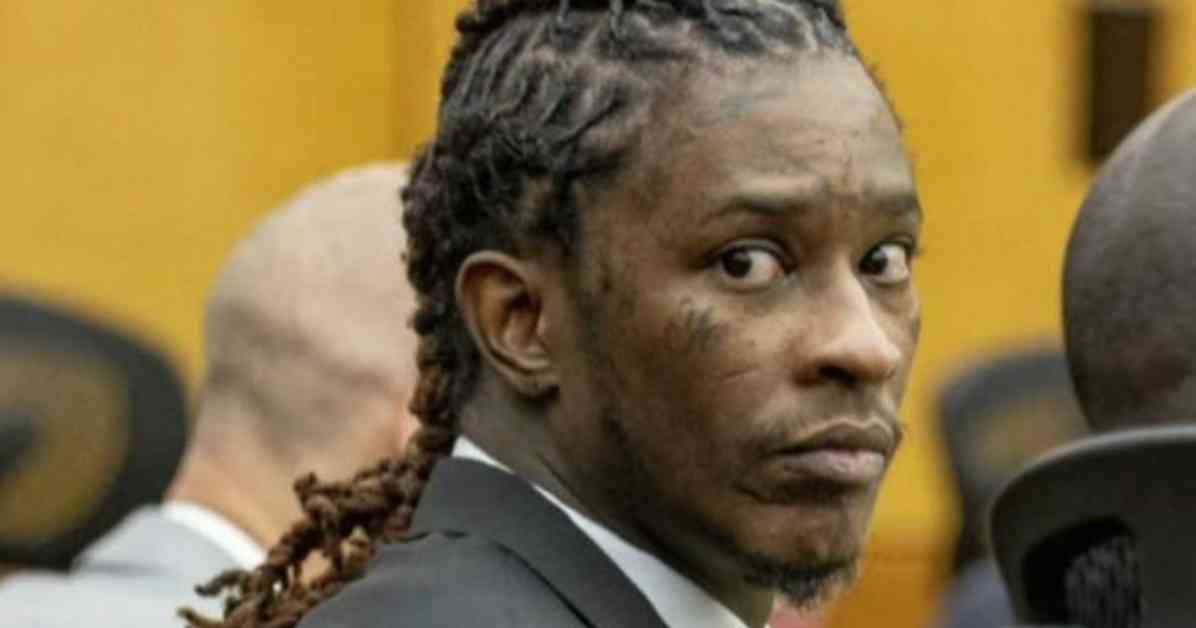Controversy at Young Thug RICO trial
The gang and racketeering case in Atlanta that involved the rap music star Young Thug ended on Tuesday when a jury found the last two defendants not guilty of murder and gang-related charges in Georgia’s longest criminal trial. Deamonte Kendrick, known as Yak Gotti, was acquitted of all charges, while Shannon Stillwell was found guilty only of a gun possession charge.
**Courtroom Drama**
The verdicts come after nearly two years of jury selection and a year of trial plagued with problems. Kendrick, despite being stabbed and injured in jail on Sunday, appeared in court this week. His attorney, Doug Weinstein, confirmed the incident and expressed hope for Kendrick’s full recovery. This stabbing incident adds to the already chaotic nature of this high-profile case, as it follows a similar incident involving Stillwell in jail a year ago.
**Backstory of the Case**
The trial stemmed from a sweeping indictment that charged 28 people with conspiring to violate Georgia’s Racketeer Influenced and Corrupt Organizations Act, using song lyrics and social media posts as evidence. Young Thug, whose real name is Jeffery Williams, escaped probation after pleading guilty to gang, drug, and gun charges earlier in October. Kendrick and Stillwell faced charges related to the killings of Donovan Thomas Jr. and Shymel Drinks, both allegedly part of rival gangs.
**The Aftermath**
Despite some defendants pleading guilty before the trial’s end, the recent verdicts are a substantial setback for Fulton County District Attorney Fani Willis. Critics have lambasted her use of the state’s anti-racketeering law, likening it to its controversial application in the case involving then-President-elect Donald Trump.
**Expert Insights**
Defense attorneys have criticized the state’s reliance on song lyrics and social media posts as faulty evidence, arguing that they painted a misleading picture of young men using music to overcome financial struggles. The defense emphasized that the defendants’ criminal activities were driven by economic deprivation rather than gang affiliation.
The trial’s conclusion marks a significant moment in Atlanta’s rap scene, where Young Thug has played a prominent role. The case has not only highlighted the legal battles faced by these artists but also shed light on the challenges of growing up in communities plagued by violence and economic hardships.
In the end, the trial’s outcome raises questions about the justice system’s approach to tackling organized crime and the complexities of youth involvement in criminal activities. As the legal saga surrounding Young Thug and his associates concludes, the repercussions of the case continue to reverberate throughout the Atlanta music industry and beyond.























